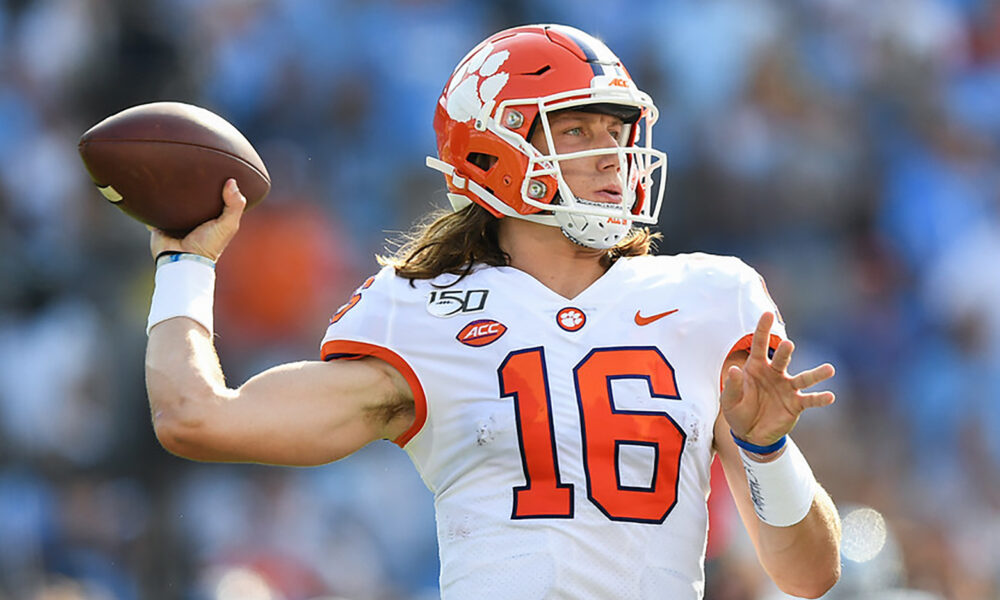Collegiate Athletics as we know it changed forever on Tuesday.
The NCAA’s top governing board voted unanimously to permit students participating in athletics the opportunity to benefit from the use of their name, image and likeness in a manner consistent with the collegiate model.
The board asked each NCAA division to create any new rules beginning immediately, but no later than January 2021.
What will it mean for major college football and men’s college basketball in the future? We don’t know exactly, but it will change the current structure as we know it.
This is a good change for the student-athletes. Make no mistake about it. It possibly can be a good change for the NCAA, depending on how the NCAA will set up its guidelines.
“We are encouraged by the vote from the NCAA Board of Governors today affording student-athletes the ability to benefit from their name, image and likeness,” Clemson athletic director Dan Radakovich said in a statement. “We look forward to engaging with the NCAA, Atlantic Coast Conference and others in creating a consistent national framework within the guiding principles set forth by the working group.”
What are those principals? The board said modernization should occur within the following principles and guidelines:
- Assure student-athletes are treated similarly to non-athlete students unless a compelling reason exists to differentiate.
- Maintain the priorities of education and the collegiate experience to provide opportunities for student-athlete success.
- Ensure rules are transparent, focused and enforceable and facilitate fair and balanced competition.
- Make clear the distinction between collegiate and professional opportunities.
- Make clear that compensation for athletics performance or participation is impermissible.
- Reaffirm that student-athletes are students first and not employees of the university.
- Enhance principles of diversity, inclusion and gender equity.
- Protect the recruiting environment and prohibit inducements to select, remain at, or transfer to a specific institution.
All of this sounds good, but how will it be enforced? How will it prevent big-time boosters with deep pockets, especially at schools where the alumni numbers are huge, from stepping in an offering their services to land big-time recruits.
Also, how will the market be set? Obviously, the star quarterback will likely be paid more than a star running back and wide receiver and how much will the left guard or right tackle be able to make for their name, image and likeness?
Then there are the Olympic sports. How is the market set in those sports? Or will there be a market?
There are a lot of questions that have to be answered in the months to come, as the NCAA and the conferences try to figure out how to make it fair for all parties involved.
“As a national governing body, the NCAA is uniquely positioned to modify its rules to ensure fairness and a level playing field for student-athletes,” NCAA President Mark Emmert said. “The board’s action today creates a path to enhance opportunities for student-athletes while ensuring they compete against students and not professionals.”
I’m not sure how that last sentence from Emmert is going to work. However, what I do know is that college athletics forever changed on Tuesday and today we begin a new era where a lot of uncertainly lies ahead.
We are pleased to announce a new partnership with Fanatics. This is great news for Tiger fans as they have the officially licensed Clemson gear.
The Clemson Insider will get a portion of all sales so get ready for another championship season by ordering your Clemson gear today and help support TCI.


